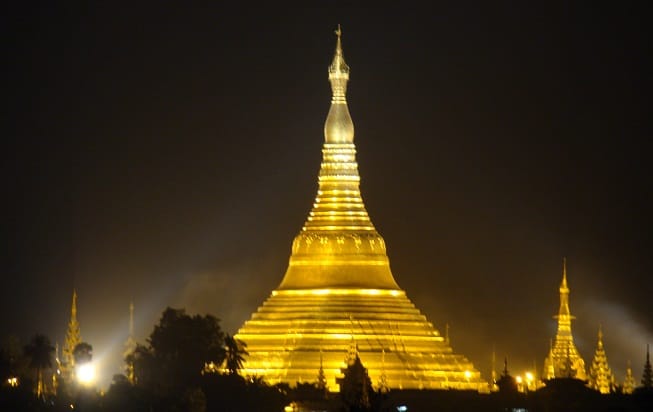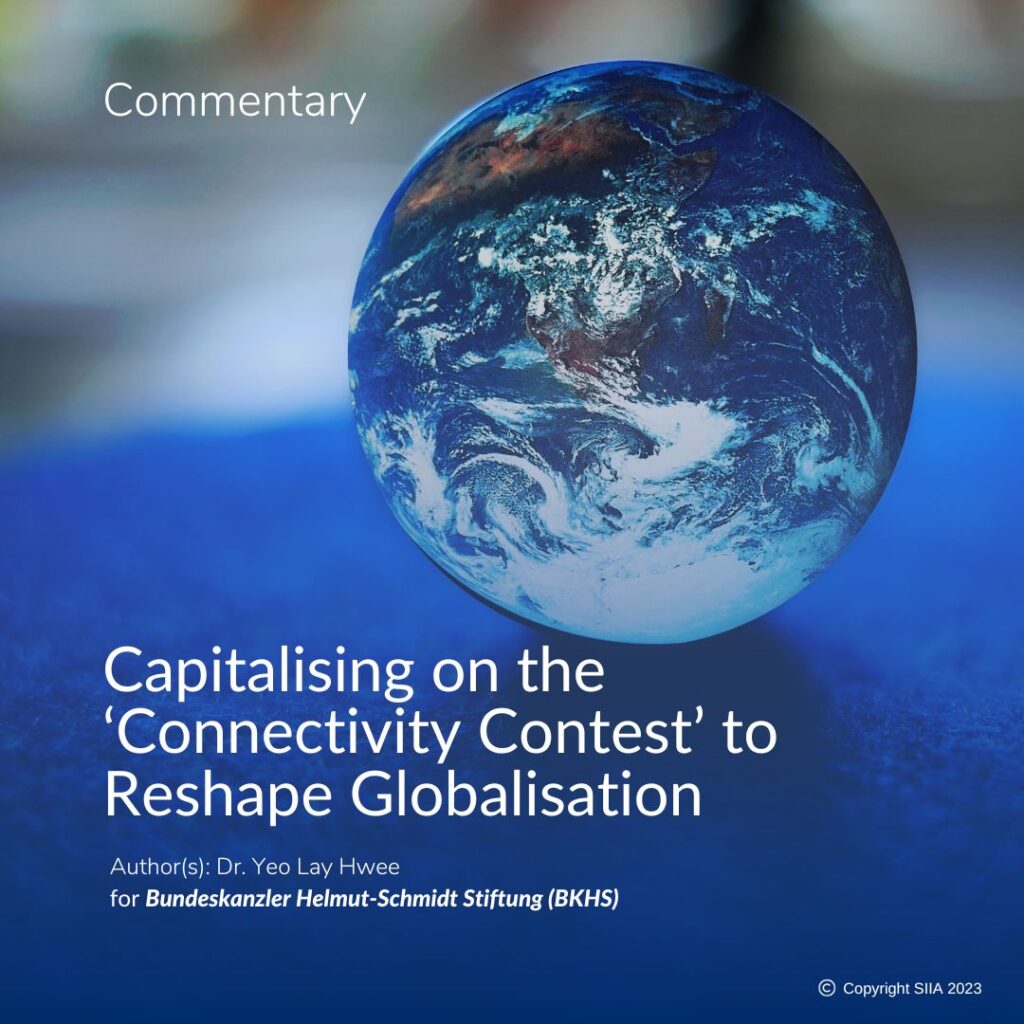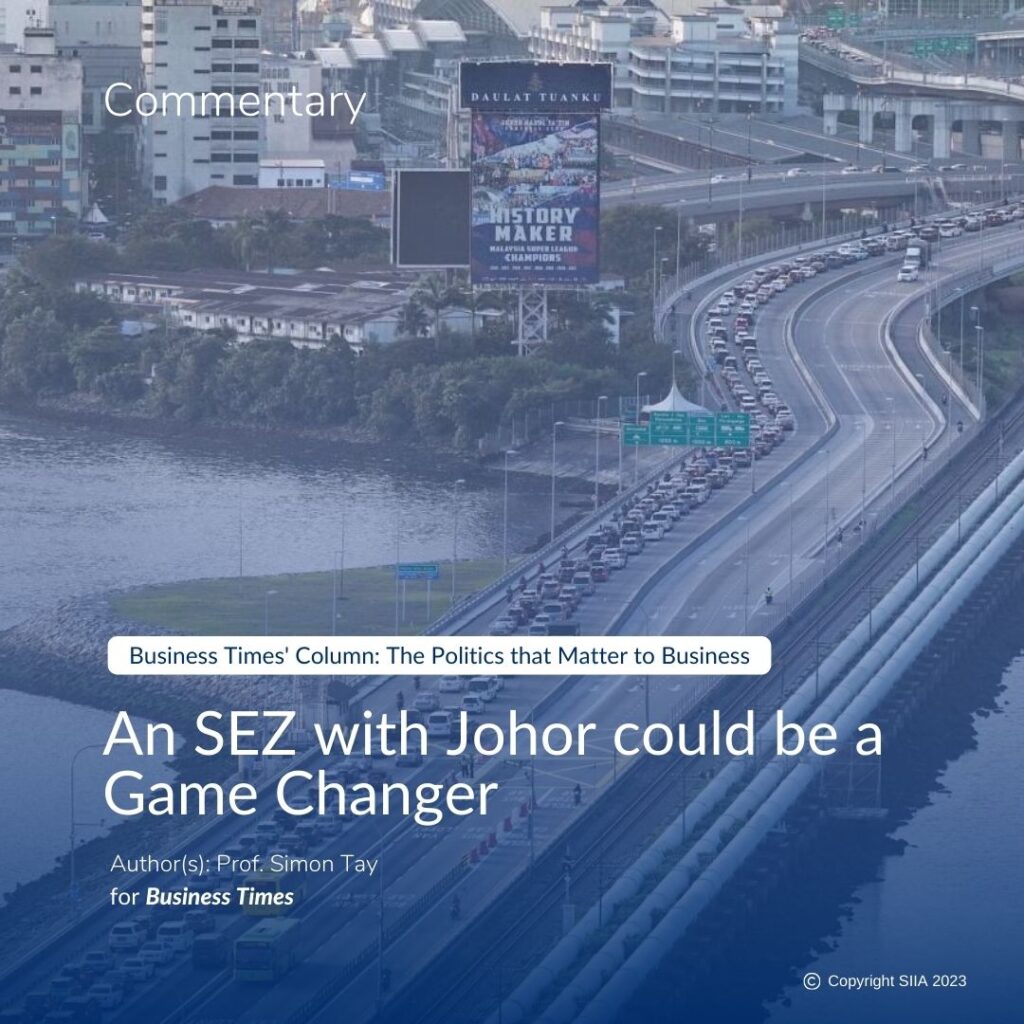The World Economic Forum convenes in Myanmar this week, it will bring more than just another 1,000 visitors to the once closed and near pariah country. First visits by then US Secretary of State Hillary Rodham Clinton and President Barack Obama brought headline attention. Early visitors were encouraged by its breathtaking pace of political opening.
Now comes a string of high-profile events and rising expectations. At the end of the year, Myanmar will host the Southeast Asian Games. The government is also preparing to take over the rotating chairmanship of the Association of Southeast Asian Nations for 2014. The year after, the country must hold elections – a key event in the transition to democracy.
Logistics and the capacity to manage large-scale and high-level events will be tested. There are already complaints about the availability and high cost of hotel rooms. Connections between Yangon and the capital Naypyidaw remain scant and expensive by air, or else require four hours over land.
This week’s World Economic Forum’s East Asia summit will therefore be something of a practice run.
Take the Asean chair, which plays an important role to forge a consensus, or the group can flounder – as it did last year when Cambodia failed to find a consensus on the South China Sea issue for a statement.
China’s maritime disputes with neighbours have been heightened in the past year – especially with Japan and the Philippines, both US allies.
Myanmar is not a claimant. But the country is no stranger to Chinese influence and investment. Indeed, its political opening can be seen as an effort to woo the West and Japan to balance the different interests. What stance Myanmar takes with China remains to be seen.
There is also Asean’s internal ambition to achieve economic integration by 2015. In this, Myanmar may not seem a natural champion. But the geographical potential is for the country to connect Asean to both India and China.
Decades of isolation have left considerable development and infrastructure gaps. Myanmar must look ahead to prepare diligently. Many more people in the country need to know more about Asean – not only government officials but also businesses, the political opposition and the newly liberalised media. Further, the government would do well to twin its opening to the Asean economic agenda.
Considerable challenges lie ahead. One key requirement is for the systemic overhaul of the political and governance systems to improve speed, transparency and predictability. This will not be as dramatic as witnessing Aung San Suu Kyi go from house arrest to the parliament. Yet progress here is critical for the country’s ability to attract the right investment.
The government must also find ways to better manage the problems in the Rakhine province and stem Buddhist-Muslim violence. Otherwise, criticism over human rights issues will resurface.
Perceptions of Myanmar are shifting. The applause for early political reform has brought foreign investors to window-shop at the country’s potential. Yet, more are now asking whether Myanmar is just warming up for an economic take-off, or if it has got too hot from all the attention.
There is still time before a definitive answer is demanded. But globalisation and larger corporations are not infinitely patient.
The initial flourish of the country’s opening must be followed with practical steps and visible progress. Otherwise, the attention brought by Myanmar’s hosting of upcoming events will be drawn to gaps and disappointments. Opening up, after all, allows visitors not only to enter, but also to leave.
ABOUT THE AUTHOR:
Simon Tay is chairman of the Singapore Institute of International Affairs and associate professor at the Faculty of Law of the National University of Singapore. This article appeared in the South China Morning Post on 4th June 2013




